Safeway Accused of Tricking Shoppers Into Paying “Substantially More”
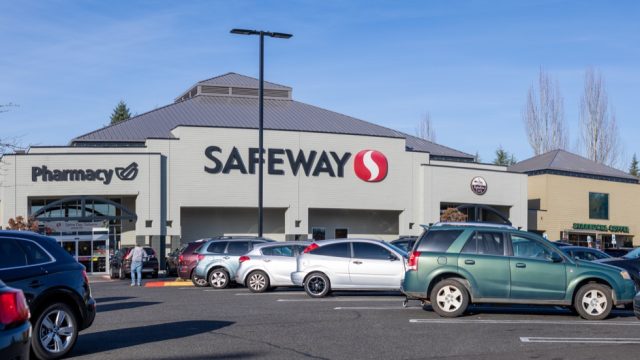
When it comes to shopping at Safeway, customers aren’t necessarily counting on the lowest grocery costs. In fact, this popular grocery chain’s prices tend to be about 32 percent higher than Walmart’s, according to The Washington Post. Though the more expensive price tag is worth it for some, as Safeway is also known for selling more organic products and fresher food than other stores. But now, some customers are no longer cool with how the supermarket is handling its costs. Read on to find out why Safeway has been accused of tricking shoppers into paying “substantially more.”
READ THIS NEXT: Hobby Lobby Under Fire as Shoppers Claim They’re Being Overcharged.
Safeway is being hit with a new lawsuit over its BOGO promotions.
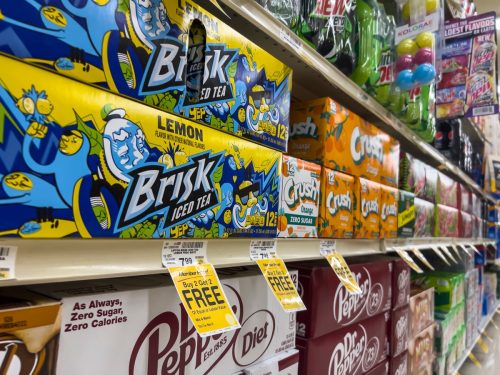
Despite securing its place as one of the most popular grocers (even with its higher prices), Safeway is now facing new criticism for how it charges customers. On April 7, plaintiff Kim Siflinger filed a class action lawsuit against Safeway Inc. and its parent company, Albertsons Companies LLC., in the Superior Court of the State of Washington County of King. According to the suit, Siflinger claims that Safeway has been engaging in “deceptive marketing” for its buy one, get one free (BOGO) promotions.
Best Life has reached out to Albertsons Companies for comment on the new lawsuit, and we will update this story with their response.
The suit claims the retailer inflates product prices for these sales.
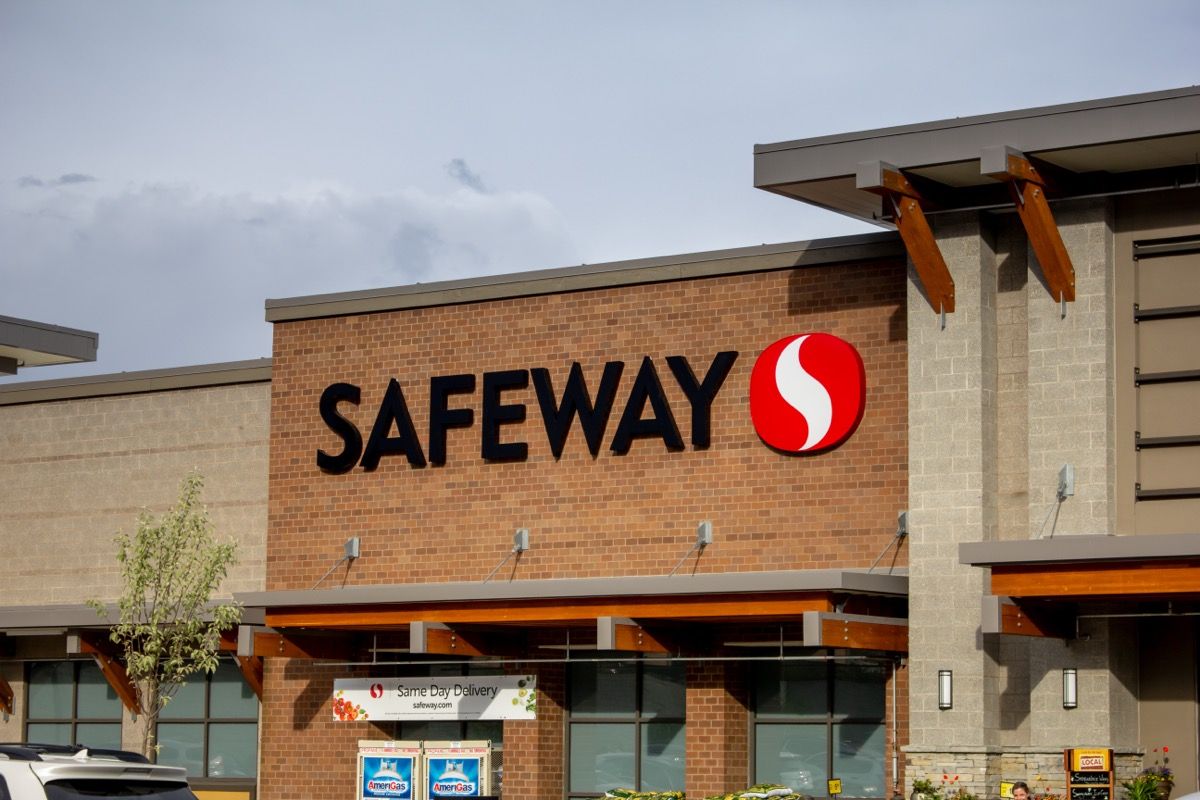
The crux of Siflinger’s case is that Safeway’s BOGO promotions are not actually helping shoppers secure discounts. According to the suit, the retailer routinely markets different products like meat, ice cream, frozen food, and coffee as part of these deals—rotating BOGO sales frequently. But Siflinger alleges that Safeway actually raises the regular retail price of its grocery products when it offers them under this promotion.
“The ‘free’ product is prominently promoted on special point‐of‐sale ads and on the packaging of the products themselves,” the lawsuit states. “But Albertson’s and Safeway make consumers pay for the seemingly ‘free’ product.”
RELATED: For more up-to-date information, sign up for our daily newsletter.
Safeway is being accused of tricking shoppers into paying “substantially more.”
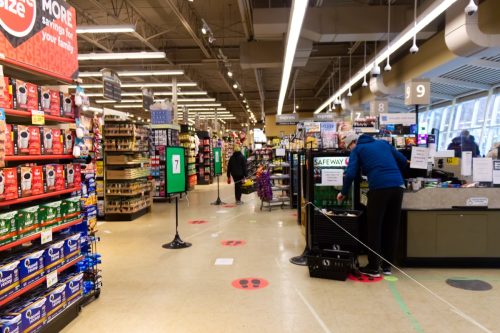
As a retiree, Siflinger recently moved to Washington to be closer to her family, according to the class action. Since she lives on a fixed income, she says she has regularly searched for BOGO deals from Safeway stores and purchased items that were part of these promotions “in an effort to stretch her dollars.” But as a result of what she alleges are “deceptive practices,” the plaintiff claims she and other Safeway shoppers have actually overpaid for groceries due to the retailer’s BOGO sales.
“When Safeway stores offer grocery items under BOGO promotions, they raise the regular retail price of the BOGO grocery products, so that consumers pay substantially more for the first product to cover the cost of the second ‘free’ product,” the suit explains. “As a result, consumers making purchases under these promotions do not get a free product. Instead, they pay more for the product and buy more of the product than they otherwise would in order to obtain the illusory ‘free’ product.”
The suit alleges that this has affected numerous products.
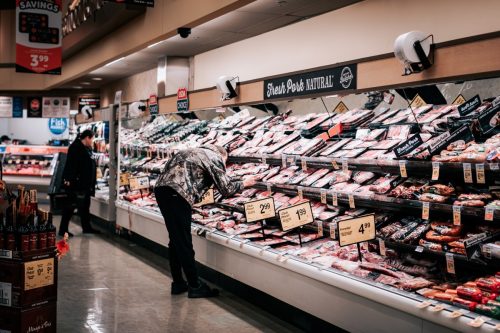
Siflinger’s suit provided several examples showing the differences in prices for items when they were sold on their own versus in a BOGO promotion. On April 4 of this year, this case claims that the retailer was offering a box of SeaPak frozen shrimp for just $7.49. But the very next day, Safeway listed the same product as $10.99 after it was added to a BOGO sale.
This is hardly the only offense referenced, however. The lawsuit also indicated that Safeway had sold boneless, skinless chicken breasts to its Club Card members at just 2.99 per pound before raising the price to $5.99 per pound as part of a promotion that same month. “Thus, Club Card consumers overpaid by $3.00 per pound for any BOGO chicken purchase,” the class action claims.
Between March and April 2023, Siflinger’s suit states that Safeway “raised the regular retail price” of several grocery items when offering them as part of a BOGO sale. Besides the frozen shrimp and chicken breasts, this included chicken thighs, petite sirloin steak, pork loin rib chops, frozen fish, and coffee. “Contrary to the language of Defendants’ free product offers, the BOGO products are not actually free,” the lawsuit reads. “Instead, Defendants increase the price of the first unit of the product to cover the cost of the second—purportedly ‘free’—unit of the product.”